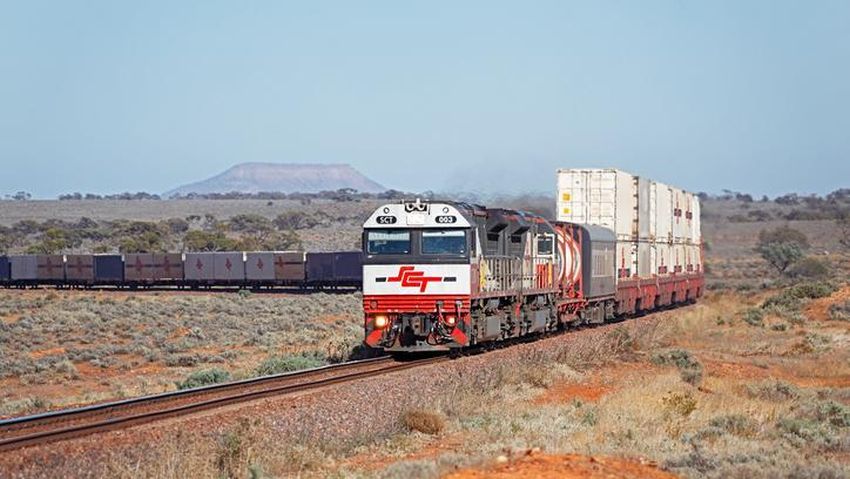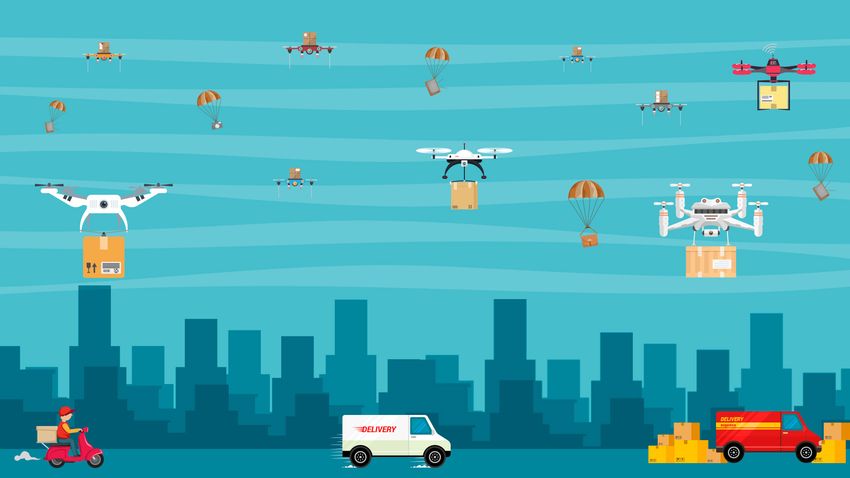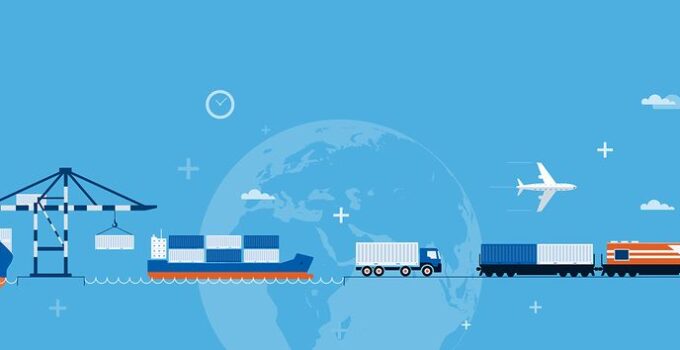Have you experienced the frustration of a package not turning up on time or a delivery time not being honoured in the workplace? We’re doing more of our shopping online than ever before, and consequently putting increased pressure on global logistics companies to step up and deliver – quite literally.
Typically described as the efficient flow and storage of goods from the point of origin to the point of consumption, logistics plays a crucial part in both our personal and professional everyday lives.

source:servicetrade.com
But in an ever-changing modern world, what are the main challenges facing logistics companies and how are they working to overcome them?
Raised Customer Expectations
The rise of online shopping has brought with it a widespread expectation for fast delivery services. Their normalisation has also meant that we’re less willing to pay extra as we come to expect a certain standard.
Companies such as B2B logistics provider Tuffnells are meeting these expectations by providing narrower time delivery slots to allow customers and businesses to plan their schedules accordingly.

source:servicetrade.com
More companies also now employ advanced tracking software to allow customers to track their order from the moment it is first processed to it being handed over. These practices require both investments in new technology and increased diligence from drivers.
Transport Costs
Factoring in inflation and today’s sensitive global political climate, many of us will be all too aware of regular fuel price fluctuations and increases. For logistics companies, this is combined with increased pressure to reduce the environmental impact of transport and other shipping processes.

source:jelvix.com
In response, leading international firms are beginning to turn their attention away from traditional fuel in favour of semi-electric delivery trucks. These vehicles are predicted to provide significant financial as well as environmental savings, while self-driving capabilities are predicted to ease pressure on drivers and improve road safety.
Globalisation
Since the dawn of the internet, businesses have been growing more and more interconnected. In relation to logistics, this has meant global businesses and consumers increasingly share similar shipping needs and expectations of service.

source:jelvix.com
This shift provides an incentive for logistics firms to expand internationally – but doing so brings with it new challenges. Legal requirements can vary drastically from country to country, while the same can be said for transportation costs and the quality of road infrastructure to go with it.
To better tackle the global demand, logistics companies are increasingly setting up on the ground with teams of local experts to help them provide the same standards of service everywhere.





